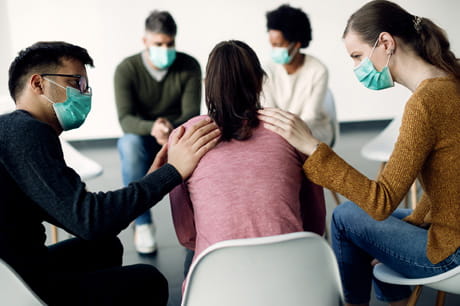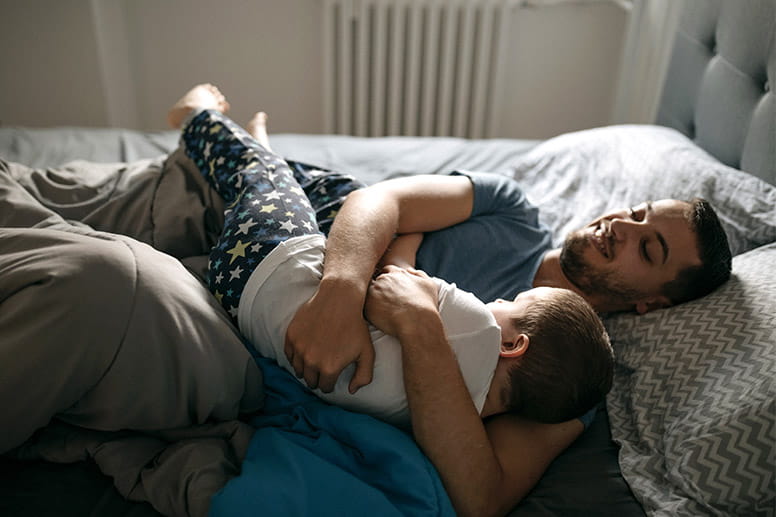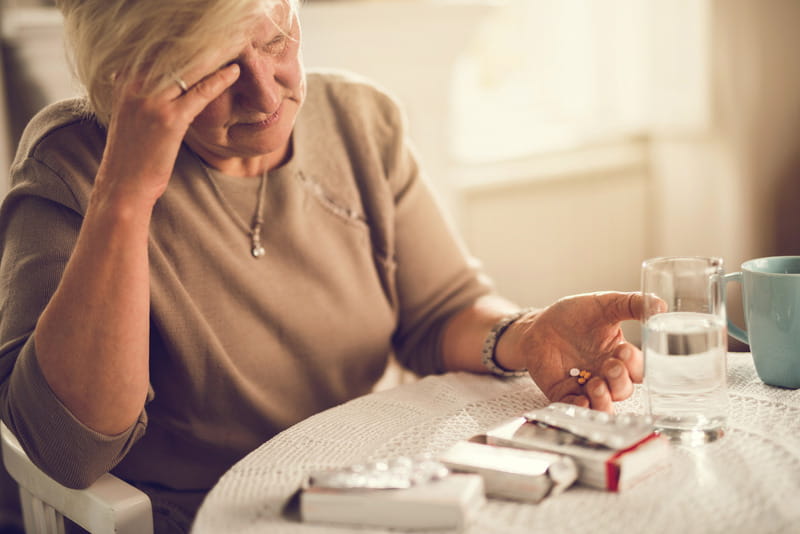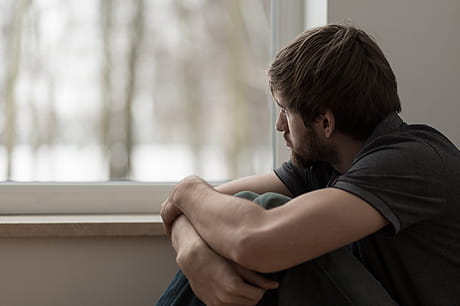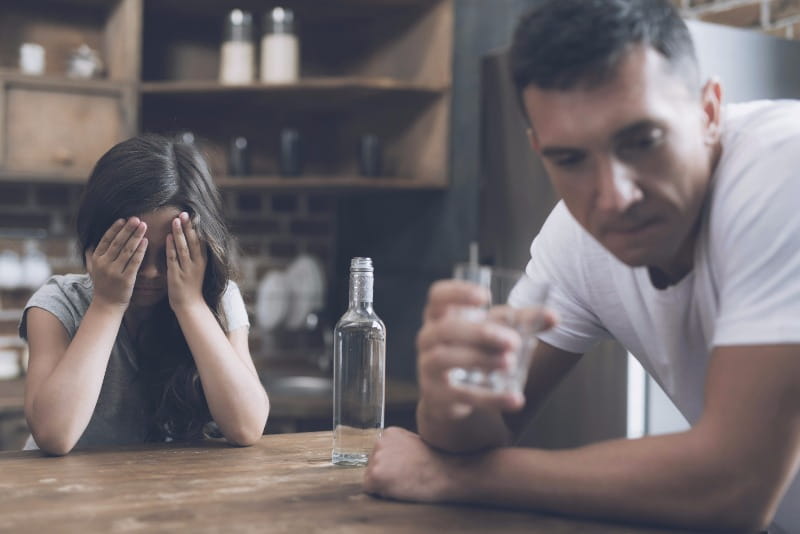Amid a national crisis, how we can detect and treat America's opioid dependency
Education and treatment access are vital
After claiming more than 63,600 lives—or 115 people per day—in 2016 alone, opioid overdose and addiction has been named a public health crisis. Even stars like Demi Lovato, who has been open about her own battle and six years of sobriety, have received national attention after succumbing to relapse.
“With opioid addiction affecting more people than ever, it’s important to be aware of the signs, side effects and treatment options,” said Margaret Jarvis, MD, chief of addiction services for Geisinger Addiction Medicine and the Geisinger Neuroscience Institute. “There are many resources for embattled family members, you just need to know where to look.”
What are opioids?
“Opioids are a prescription medication that binds to receptors in the brain and spinal cord, intercepting pain signals while increasing our brain’s production of dopamine and creating a euphoric effect,” said Dr. Jarvis. It can take the form of heroin, morphine, codeine, fentanyl and other drugs.
Someone with post-surgical or chronic pain may be prescribed opioids to return to a normal life, but 29 percent later admit to misusing the drugs. In fact, patients who were once prescribed pain relief medication are thought to be a leading group struggling with addiction.
Stop it before it starts: drug education for kids
The U.S. Department of Education encourages schools to take an active role in providing help for children, from education for those who may be unaware, to support services for those struggling with addiction personally or at home. In fact, several states have instituted mandatory opioid education beginning in elementary school.
“Today, education doesn’t just cover possible side effects and dangers,” said Perry Meadows, MD, medical director of Geisinger Health Plan. “Instead, schools are creating comprehensive programs that also teach the origin of the problem and the ways students can seek help for a friend, loved one or themselves.”
One such local GHP program is “Too Good for Drugs,” which focuses on prevention through character building and interactive curriculum.
Signs and symptoms
As evidenced by unexpected, public battles fought by high-profile people, opioid abuse isn’t always easy to spot. However, there are a few signs and symptoms you can look out for. These include:
- Drowsiness
- Agitation or irritability
- Poor decision making
- Abandoned responsibilities
- Unusual sleep schedule
- Mood swings
- Lack of motivation
- Anxiety or depression
Beyond the signs and suspicions, the most frightening moments for family members come when you suspect an opioid overdose. Symptoms of an overdose include:
- Unresponsiveness or loss of consciousness
- Slow or stopped breathing
- Slow or stopped pulse
- Vomiting
- Small, pinpoint pupils or dilated pupils
If you observe one or more of these symptoms, call 911 immediately. Life-saving medication like naloxone (also known as Narcan) can reverse the symptoms of an overdose for long enough to receive medical treatment. Anyone in Pennsylvania can obtain naloxone without a prescription.
Treatment and avoiding relapse
When seeking treatment for any sort of substance dependence, the options can seem overwhelming. To select the best program, it’s important to have a candid conversation with your loved one about their addiction to find the best fit.
For example, some programs have national accreditations or licenses which vary by state. Treatment can also be covered by insurance or subsidized with a grant from one of many recovery organizations.
“Some research suggests gender-specific recovery programs are more effective than coed programs, likely due to different recovery styles and therapeutic needs,” said Dr. Jarvis. “But most treatment plans should be individualized for the patient.”
Medication-assisted treatment, which covers three medications — buprenorphine, methadone, extended-release naltrexone — is the evidence-based treatment for opiate use disorder. Detoxing without maintenance medication is not recommended and carries significant risks.
“While counseling or other psychosocial interventions are often recommended along with the medications, medication alone is effective and sufficient for some people,” Dr. Jarvis said.
Margaret Jarvis, MD, a practicing psychiatrist and chief of addiction services for Geisinger Addiction Medicine and the Geisinger Neuroscience Institute. For more information, visit https://www.marworth.org/ or call 800-442-7722.





